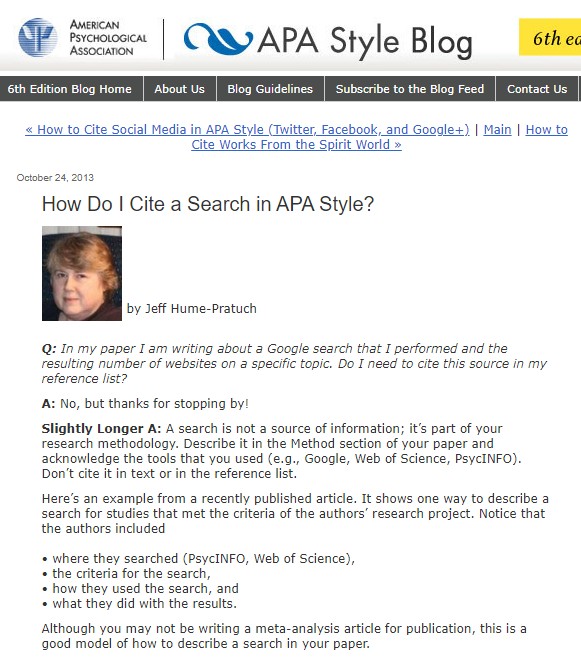Have you ever been working on something, found a bit of interesting data, and ended up working on two things at the same time?
Welcome to my life as a professional writer with ADHD. – This post will be quick, unedited, and written as a sort of conversation. Don’t judge me; I have deadlines and am supposed to be working on something else.
Alright, moving on!
What Does Cant Mean?
Can’t is a conjunction. It means can not. Done and done… right?
While working on this article about whether paying taxes is patriotic over on my personal finance blog, I came across this judicial opinion from Judge Learned Hand.
No, no. I’m completely serious. That’s his name. And, while I’m writing this as a sort of archaic usage of the word cant, Judge Hand is not some ancient Founding Father era judge. He was in office until he died in 1961.
Here is the relevant quote:
Over and over again courts have said that there is nothing sinister in so arranging one’s affairs as to keep taxes as low as possible. Everybody does so, rich or poor; and all do right, for nobody owes any public duty to pay more than the law demands: taxes are enforced exactions, not voluntary contributions. To demand more in the name of morals is mere cant.
Commissioner v. Newman, 159 F.2d 848, 851 (2d Cir. 1947) – dissenting opinion
“Mere cant,” Judge Hand says.
I pride myself on my writing ability and vocabulary, but I have to admit this is a new usage of the word cant for me. Note that this cant does not have an apostrophe. It is not a contraction. It is its own word.
When I don’t know something, I do what any other intellectually curious person does. — “To the Google!”
Google hooked me up. I didn’t even have to click a search result; it was right there at the top of my query.

As you can see, in the case of Judge Hand’s opinion he means, “hypocritical and sanctimonious talk, typically of moral, religious, or political nature.”
Mere cant — Oh, yes. I like that.
Done and done.
Or is it?
How Do I Cite Google Search Results
Remember that part earlier in this article where I complimented myself as being intellectually curious?
I do. I’m also a writer, which means that I need to cite stuff for certain kinds of writing like technical writing, medical writing, and research writing, but I don’t know how to do that.
Now, there is an easy way out of this. I could click a link or go directly to dictionary.com and then cite that. Being able to use such a solution makes me smart, but not intellectually curious. I must know how to cite Google search results.
“Back to the Google!”
More specifically, back to the Google as it pertains to APA, MLA, and IEEE styles. We might cheat and head there directly, although Google searches are a good way to get to the right section quickly.
Over on the APA Style Blog Jeff Hume-Pratuch states that, “A search is not a source of information; it’s part of your research methodology.”
Oh, dear sweet Jeff Hume-Pratuch of 2013, you were right then, but times have changed and Google is sometimes the source of information these days.

Even in 2018 the MLA Style Center says, “Search results are not a work…”
I’m not sure if Pen and the Pad counts as a definitive source, but they suggest this:

Unfortunately, I have deadlines so I have to get back to work instead of spending more time in this rabbit whole. However, the reality is that the search result technically comes from the Oxford Dictionary, as noted in the original search. I should really be citing the Oxford Dictionary, which we already know how to do in pretty much any of the research styles. Otherwise, go with what the Pen & The Pad Blog says, they seem nice.
See you next time.
May your freelance business be so busy you have Ferrari money.
